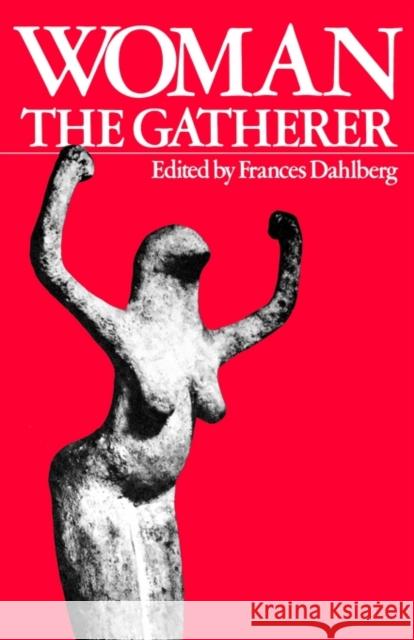Woman the Gatherer » książka
Woman the Gatherer
ISBN-13: 9780300029895 / Angielski / Miękka / 1983 / 264 str.
Studies of human evolution and prehistory that use the concept "man the hunter" assign a crucial role to hunting in the formation of our species. This emphasis on male activities in the human adaptation neglects the female's role in evolution. To redress the balance, Frances Dahlberg has here assembled six new essays, based on original research, which review the likely paths of human evolution and discuss the roles and activities of women in prehistoric groups and among contemporary hunter-gatherers. Guided by the new consciousness about women and using the most recent available data, the authors of this book provide a distinctive anthropological treatment of the question, What is woman (and man)?
W.C. McGrew begins by applying sociobiological ideas to chimpanzee data for a speculative reconstruction of our past. Adrienne L. Zihlman widens this discussion to include data from biology, anatomy, and living peoples. Four chapters on contemporary foraging societies follow: Agnes A. Estioko Griffin and P. Bion Griffin on the Agta of the Phillippines, Catherine H. Berndt on the Australian Aborigines. Colin M. Turnbull on the Mbuti pygmies of Zaire, and Henry S. Sharp on the Chipewyan Indians of northwestern Canada. These close examinations of women's activities reveal the diversity of their contributions and question accepted views of the importance of aggression and economic control in enhancing status and of maternity in reducing status. Woman, in her many roles, cooperates with man to create the uniquely flexible and interdependent social organization of our species.











